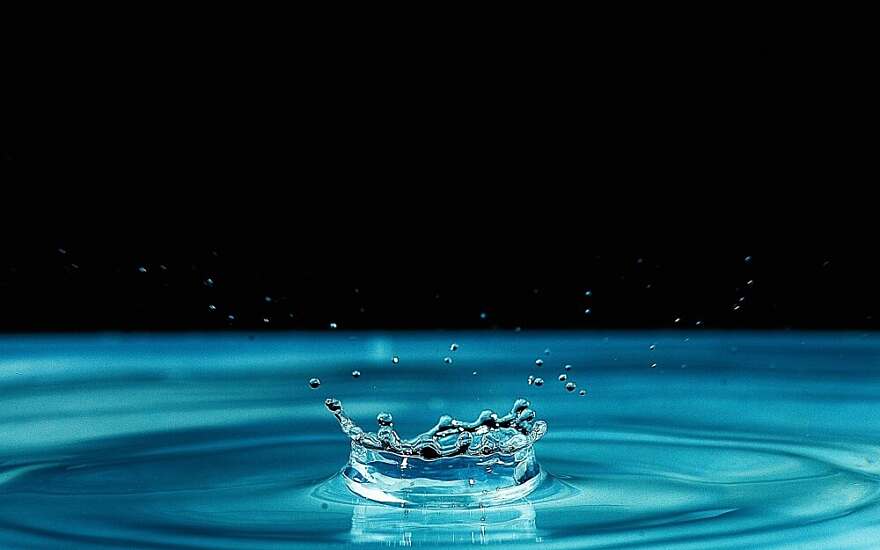The 'Water Scarcity' programme, promoted by the EIT, awards 30,000 euros to each of the three winners to carry out a 'demo' with their technologies in real cases.
Agrow Analytics will develop in Spain its solutions for irrigation optimising the use of water. Fibsen, which works with intelligent fibre optic sensors to monitor water management in real time, will apply its technology in Greece. And Bluephage, from the bio sector, will use its bacteriophage analysis in an infrastructure in Italy.
The winners of the international 'Water Scarcity' programme to find innovative solutions to water scarcity in southern Europe have been announced. The initiative is coordinated by EIT Food, with the participation of EIT Climate-KIC, EIT Digital and EIT Manufacturing, together with other partners such as Athena Research and Bioazul.
After the 20 selected companies have been working since July on three different challenges (procurement, infrastructure and agriculture), the competitions, called Innowise Scale, have ended with three Spanish companies selected for the implementation of a ‘demo’ in a real environment. These companies are: Agrow Analytics, Fibsen and Bluephage, and each of them will receive €30,000.
Agrow Analytics, from Malaga, was the winner in the agriculture sector challenge. As a real case, some crops located in Spain from SanLucar company have been chosen. SanLucar is an international company that produces and markets premium quality fruit and vegetables. The Andalusian company, founded by Antonella Maggioni, Fernando Ferrer Perruca and Pablo Crespo, will be able to apply its technology there. It competed with seven other European companies and its solution for optimising water use by autonomous and predictive irrigation has finally triumphed. Along with Agrow Analytics, Secalflor Sur (a German startup based in Malaga) and the French company Sinafis also received awards.
The water supply competition has ended with the Valencian company Fibsen as the winner. This startup works with smart fibre-optic sensors to monitor water management in real time.
This development has been considered optimal by the Pylaia Municipal Water Supply and Sewerage Company (DEYAPH) in Greece. This public sector organisation will give Fibsen the space to test and adapt its solutions. The other winners in this category were Shayp (Belgium) and Enging (Portugal).
Finally, Bluephage has triumphed in the infrastructure competition, having been awarded two different prizes. The biotech company based in Barcelona will use its analysis of bacteriophages (viruses that infect bacteria) at CIIP, a public water management service in central Italy, where it will implement a 'demo' to demonstrate the benefits of its solution for microbiological control of water in extremely short times. This responds to the current needs of CIIP, which requires information and security when distributing water by use, using alternative water sources and conserving the natural area in which it is located. In addition, the Italian MobyGIS has been also been awarded.
The Water Scarcity programme has been launched through collaboration between different knowledge communities of the European Institute of Innovation and Technology (EIT). Its ultimate goal is not only to find innovative solutions to the problem of water scarcity, but to go beyond this and connect the providers of these solutions with areas where needs have been identified.
For three months, the 20 selected European companies have received training focused on scaling and international business development, as well as personalised advice from a mentor. In addition, they have had the opportunity to make contact and negotiate with companies with real water-related needs.

